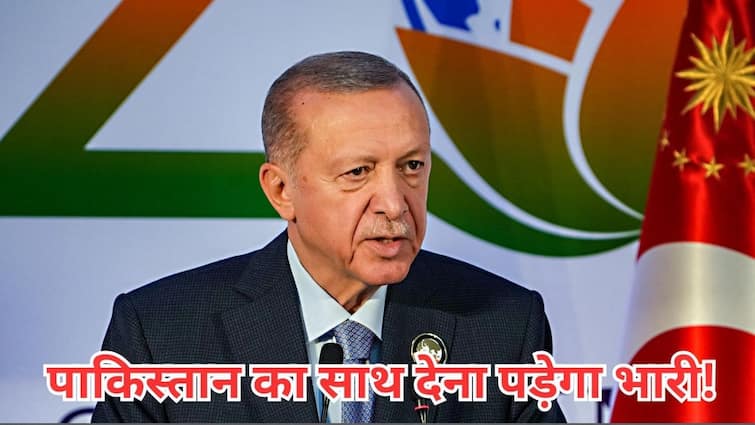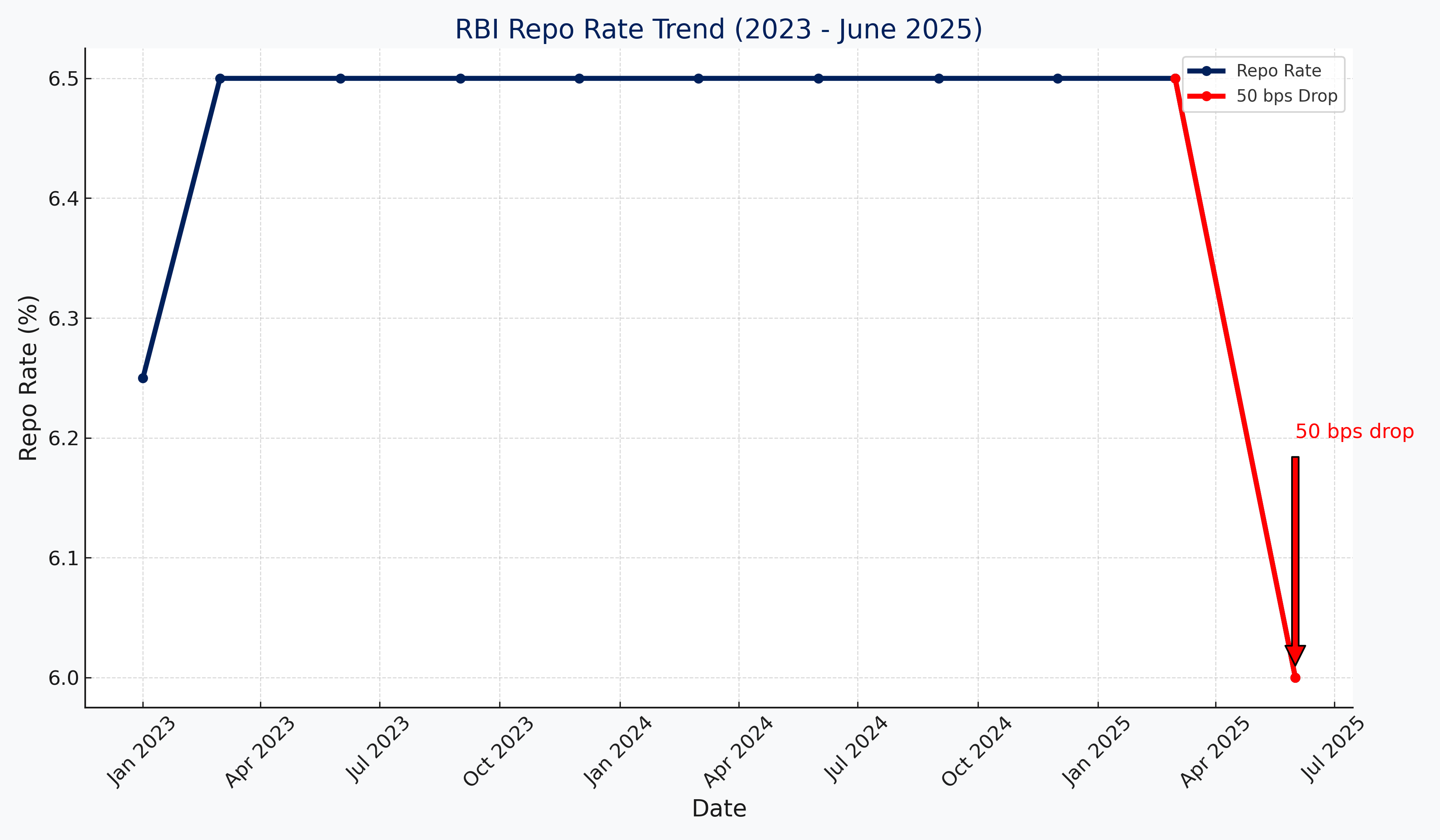In a bold move, the Confederation of All India Traders (CAIT) has called for a travel ban on Azerbaijan and Turkey due to their continued support for Pakistan amidst escalating tensions in the region. This demand comes in light of the recent geopolitical developments and the growing concerns surrounding the strategic alliances between these nations.
The Rising Tensions and CAIT’s Stand
The call for a travel ban reflects the growing frustration among Indian traders with the political dynamics of neighboring countries. CAIT, which represents millions of traders across India, believes that the ongoing support from Azerbaijan and Turkey to Pakistan undermines India’s security interests. The traders’ body has been vocal in its condemnation of any actions that could destabilize regional peace and security, especially in the context of Pakistan’s alleged backing of terrorist activities.
A Growing Concern for India
India has long been on high alert due to Pakistan’s links with groups operating on its soil that are suspected of being involved in terrorism. The recent diplomatic and military developments between India, Pakistan, and other regional players like Azerbaijan and Turkey have only added fuel to the fire. As tensions rise, the role of countries like Azerbaijan and Turkey in supporting Pakistan’s stance against India has become a point of contention.
India’s political leaders and security experts have voiced concerns about how these alliances could potentially lead to further instability in the region, especially considering the ongoing conflicts and issues surrounding territories like Kashmir. In light of these concerns, CAIT’s demand for a travel ban serves as a symbolic stand against what it perceives as negative influences on India’s national security.
The Economic Angle: Trade and Travel
While political and security issues remain the primary focus, the demand also reflects the increasing importance of international relations in trade and commerce. CAIT has emphasized that the growing geopolitical tensions could potentially impact business ties between India and the countries supporting Pakistan. A travel ban, in their view, would not only serve as a political stance but also protect the interests of Indian traders by discouraging any sort of economic or cultural exchanges that might inadvertently benefit nations seen as undermining India’s sovereignty.
A Global Response
While CAIT’s call for a travel ban is likely to be met with mixed reactions, especially from Azerbaijan and Turkey, it is part of a broader global discourse on the role of regional alliances in shaping international relations. The Indian government’s response to this appeal will likely depend on diplomatic negotiations, with the priority being maintaining peace and stability in South Asia.
As this issue continues to evolve, the international community will undoubtedly keep a close watch on how India handles its diplomatic relations with Azerbaijan, Turkey, and Pakistan. The outcome of this situation could have significant implications not only for trade but also for broader geopolitical alliances in the region.
The Way Forward
For now, the CAIT’s call for a travel ban has added another layer to the ongoing discourse on India’s foreign policy and its stance on regional security. As the situation develops, it remains to be seen how India will balance its economic interests with national security concerns and how it will engage with countries that have shown support for Pakistan.
While the political and diplomatic implications of this move are still unfolding, one thing is clear: the call for a travel ban reflects the increasing public frustration with Pakistan’s actions and its support from other nations. Whether this demand will be acted upon is uncertain, but it has certainly sparked a conversation about India’s position on the global stage and the importance of securing its borders against external threats.
In conclusion, the CAIT’s demand for a travel ban on Azerbaijan and Turkey underscores the strong sentiment in India that no country should be allowed to jeopardize India’s security and peace. As the global community watches, India’s next steps in this complex geopolitical puzzle will shape the future of its foreign relations and its standing in the international arena.
Also read: America and China reduced tariffs on each other, is the trade war ended now?






